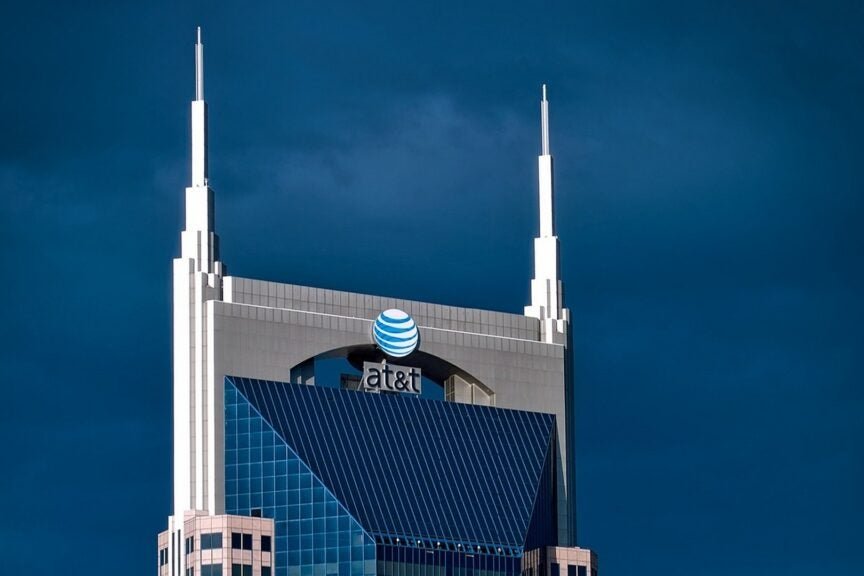The Musk Foundation, led by billionaire Elon Musk, has made a significant donation of $2,084,000 to fully fund the second stage of the AI project, the Vesuvius Challenge. This project utilizes artificial intelligence to decode ancient, unreadable scrolls.
Former CEO of GitHub, Nat Friedman, announced the generous contribution from the Musk Foundation to the Vesuvius Challenge, a project aimed at deciphering ancient scrolls. The project, spearheaded by Friedman, Daniel Gross, and Brent Seales, has made remarkable progress by successfully using AI to read complete paragraphs from charred scrolls from the Roman city of Herculaneum preserved by the Vesuvius volcanic eruption.
The scrolls are believed to have been owned by Julius Caesar’s father-in-law. The Vesuvius Challenge, which began a year ago, is focused on cracking the code of the Herculaneum Papyri, a collection of ancient papyrus scrolls charred by the Vesuvius eruption almost two thousand years ago.
The project, which offered over $1 million in rewards, attracted a global pool of competitors and collaborators, utilizing computer vision, machine learning, and determination to solve the mystery. The generous donation from the Musk Foundation will accelerate the process of decoding these ancient texts, unveiling the secrets they hold and contributing to civilizational enlightenment.
This groundbreaking project highlights the intersection of technology, history, and philanthropy, showcasing how AI can be used to unlock the mysteries of the past. The collaboration between the Musk Foundation and the Vesuvius Challenge team exemplifies the potential of leveraging technology for the greater good.
As the project advances, the world eagerly anticipates the revelations that will come from decoding these ancient scrolls. The support from the Musk Foundation underscores the importance of investing in projects that push the boundaries of what is possible and contribute to our understanding of history and civilization.





